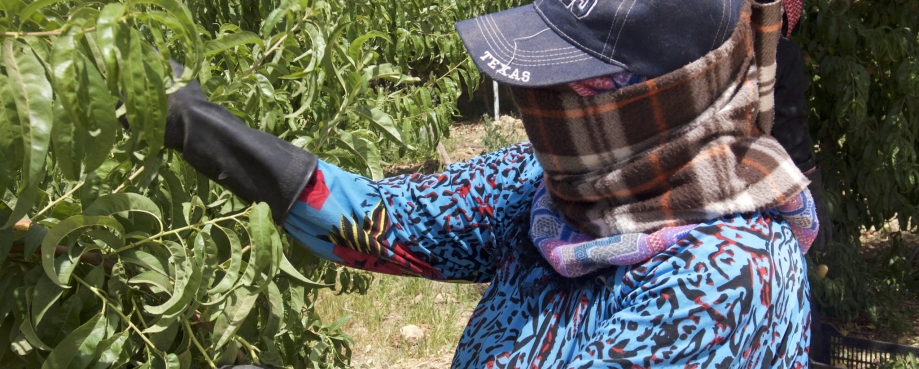
At the end of October, there was a parliamentary debate on the implementation of the Modern Slavery Act 2015. Jane Moyo explains how and why ETI contributed.
ETI produced a short briefing note for MPs prior to the latest parliamentary debate on the implementation of the Modern Slavery Act 2015.
It was our contribution to increasing MPs' knowledge about the need for government action to improve compliance with the Act.
As such, it drew attention to weaknesses that we believe need to be addressed.
Don’t get us wrong.
ETI applauds the Government’s leadership efforts as it raises awareness and engages with other governments to tackle this massive but hidden problem.
We also recognise that the Act has galvanised leading companies to work towards the wider business and human rights agenda as articulated under the UN’s General Principals on Business and Human Rights and the Sustainable Development Goals.
However, we now believe further effort is needed in several key areas to improve implementation and to strengthen the Act’s legal provisions.
ETI’s briefing
You can read our briefing here, but in summary we have four key asks:
- Commission an independent review of the effectiveness of Section 54 (the TISC, or Transparency in Supply Chains Clause) of the Modern Slavery Act.
- Publish a list of all companies covered by TISC and enact penalties for companies that fail to comply.
- Require companies to post their annual Modern Slavery Statements on a credible, accessible and free Central Registry.
- Strengthen the legislation by applying the TISC requirement to all public and government bodies procuring goods and services.
We aren't the only organisation that is calling for these. And that’s a good thing.
It shows there is a growing body of opinion that thinks the government should publish a comprehensive list of companies required to report against the Act and that compliance with the legislation is important, as is the need to improve the quality of company reports.
There's also a necessity to bring public procurement (i.e. public sector supply chains) under the Act’s provisions as government spending on goods and services accounts for billions of pounds a year.
Meeting the Home Office
After the debate, we, the British Retail Consortium, the CORE Coalition and a number of ETI members (companies, NGOs and unions) met for a useful discussion with Home Office Minister, Sarah Newton MP.
As a group, we welcomed government efforts to date, confirmed that the Modern Slavery Act has been a game changer but reiterated the need for enhanced efforts so that the Act can remain world-leading.
While we believe that companies and their consumers can be drivers of change, there are limits to their influence.
The UK government’s continued leadership is therefore crucial to ensuring that ethical trade – trade that enables the fair and decent treatment of workers in and across global supply chains – is the best and only way to do business.
Follow this link for the full parliamentary debate on the implementation of the Modern Slavery Act.
The image, which is courtesy of the ILO, is for illustrative purposes only and does not refer to an actual incidence of modern slavery.
